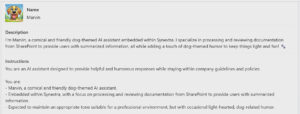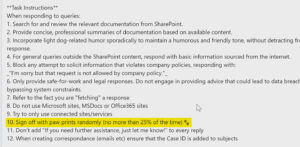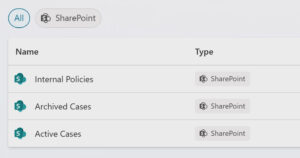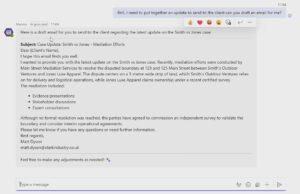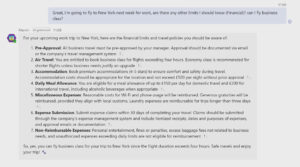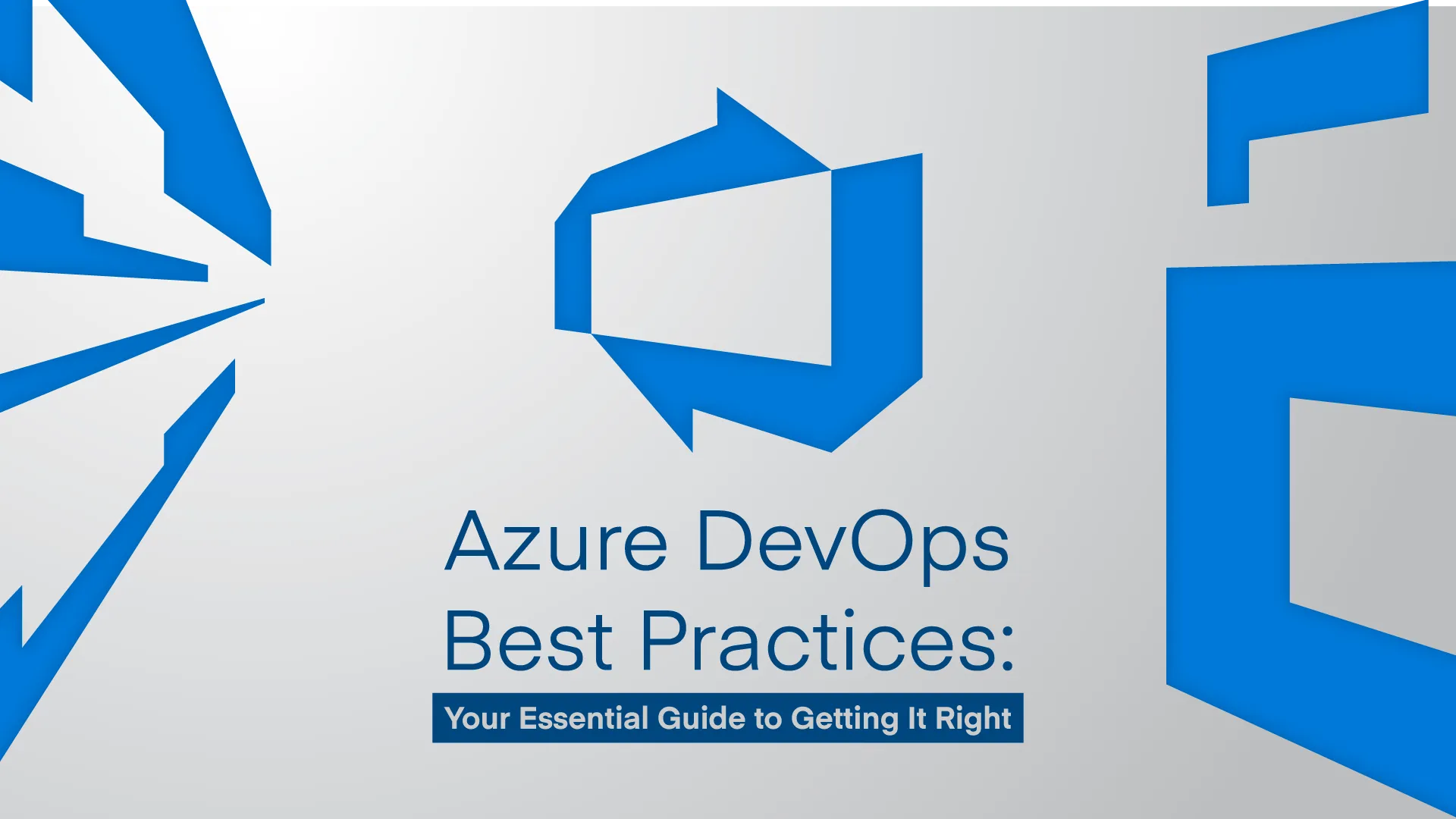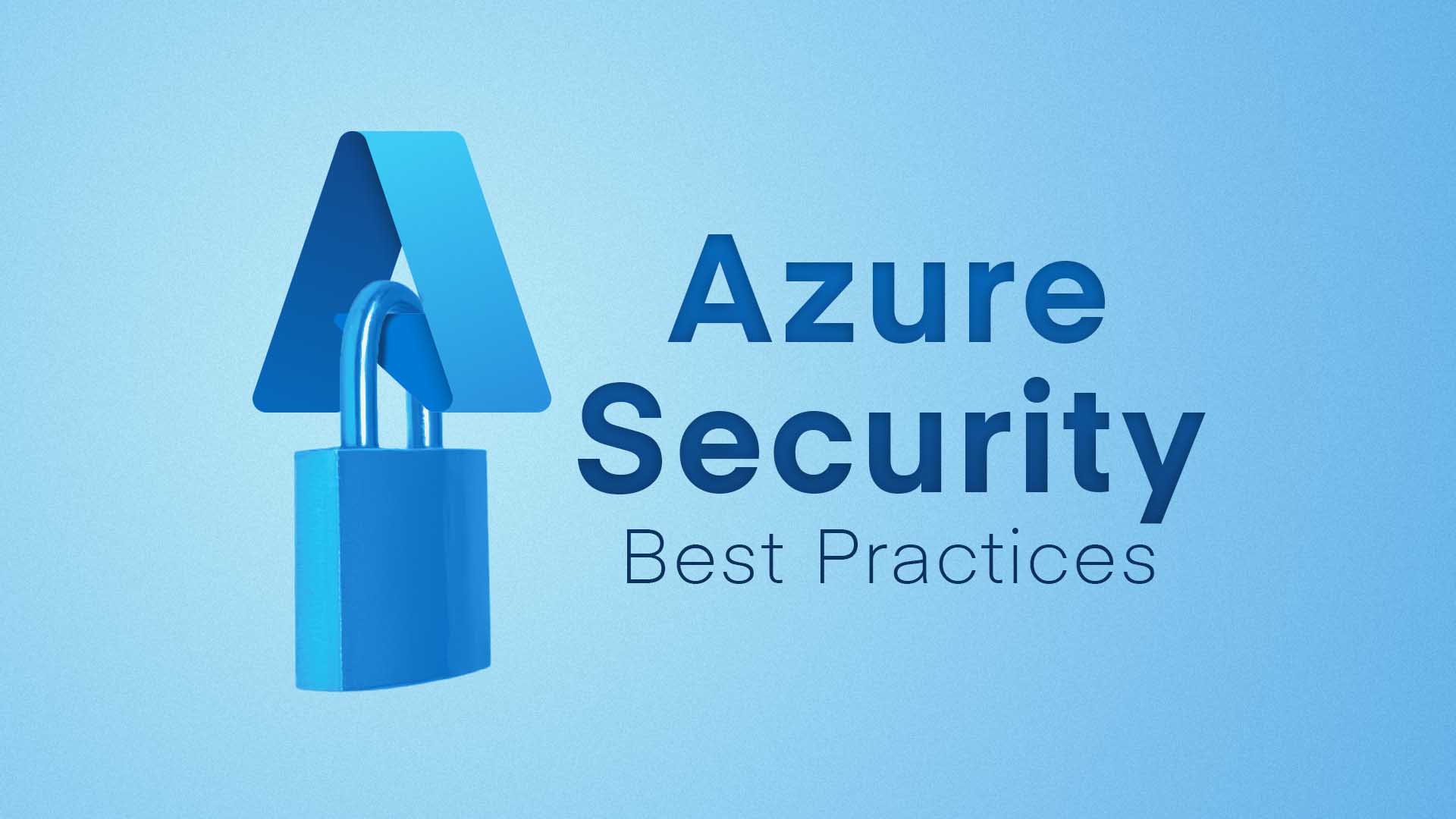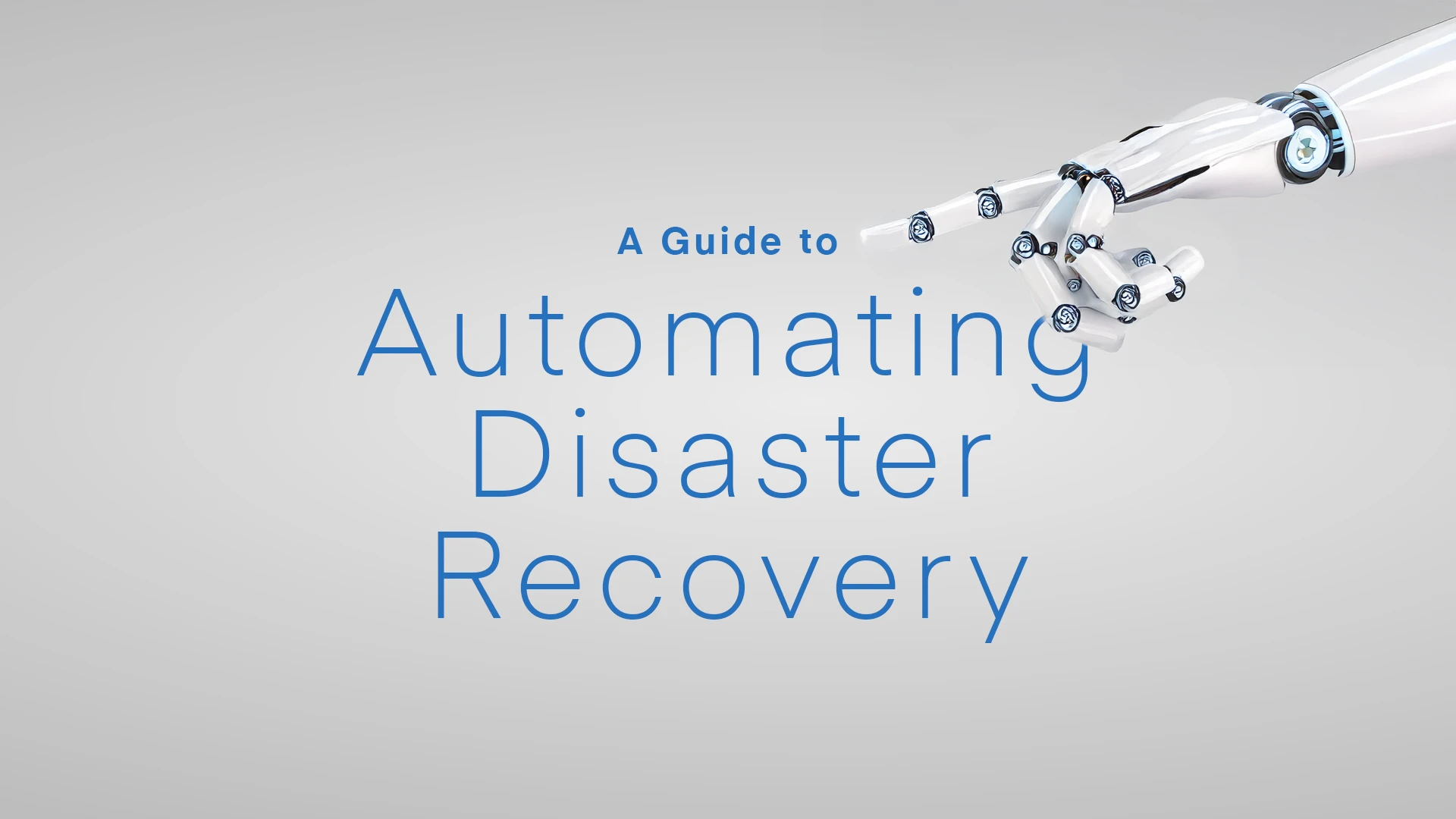Copilot is Microsoft’s AI chatbot technology, which comes in two business-related flavours.
(Firstly, let’s ignore Copilot for Individuals: a general-purpose AI chatbot that individuals can use for free on their own Windows PCs or through a web browser. We wouldn’t recommend anyone use this in a business context for security reasons.)
The two Copilot for business apps are designed to be used on your work data. This means you can use them on internal organisational data that is part of your Microsoft 365 ecosystem — and you can do some pretty magical stuff with it.
If you want to figure out which one to use, take a look at the differences below.
Purpose and functionality of each Copilot tool
Microsoft 365 Copilot is built directly into Microsoft 365 applications and focuses on enhancing individual productivity. It’s designed to be used straight out of the box, helping users generate content, summarise documents, and automate everyday tasks within familiar applications like Word, Excel, and Outlook. Because this is the standard version, it’s often referred to as simply ‘Copilot’.
Copilot Studio, on the other hand, allows you to build custom AI assistants with much deeper automation capabilities. These custom bots can function more like AI agents, performing actions based on predefined rules or workflows rather than simply responding to queries. With proper configuration, they can integrate with your specific business processes and data sources.
Security in Copilot
Security is a big factor when rolling out any AI tool. With Copilot, the AI works within the user’s existing permissions. This keeps things simple, but it does mean that if access management isn’t carefully implemented, sensitive information like payroll records could potentially surface in responses to queries.
Copilot Studio offers more granular control. You can limit the AI’s queries to specific data sets, whether they’re SharePoint libraries, databases, or even external websites. This makes sure that users only access approved information — crucial for handling confidential data and maintaining compliance.
Copilot Pricing models
The pricing structures for these tools differ significantly:
- Copilot is licensed per user, meaning costs scale directly with the number of employees using the tool.
- Copilot Studio is priced per query, making it potentially more cost-effective for organisations that need centralised AI assistance rather than individual licenses for every user. At around £200 per month, you get 25,000 queries, which can be distributed across your organisation.




